We're Living in a Simulation...
But if we Aren't, We Will One Day
Mike Sherov
Head of Spoonbending
Skillshare

Overview
- Ground Rules
- We are in a simulation
- Philosophical Arguments
- Physical Arguments
- We will be in a simulation
- How will we?
- Will we want to be?
Ground Rules
- Ignore Religion + "Why"
- Everything is Bullshit
- The Singularity is Near
Ignore Religion
- No matter what, God exists (or doesn't)
- No matter what, purpose exists (or doesn't)
- The simulation is not a religious statement
Everything is Bullshit
Classic Physics!
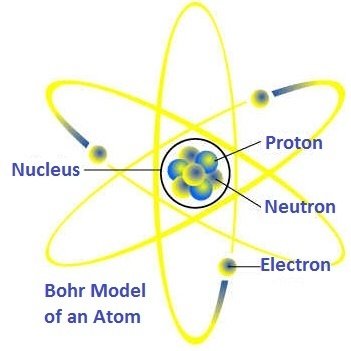
"All models are wrong,
but some are useful"
Everything is Bullshit

Everything is Bullshit
Quantum Mechanics
"I think I can safely say that nobody understands quantum mechanics."
- Richard Feynman, Father of Quantum Electrodynamics
The Singularity Is Near
Moore's Law
"In 30 Years, Computers cost shrunk 1000x, it's size shrunk 1000x, it's power ballooned 1000x"
The Singularity Is Near
Quantum Computing


The Singularity Is Near
Machine Learning / AI
- "Strong AI" vs. "Weak AI"
- The Chinese Room Paradox
The Singularity Is Near
Machine Learning / AI

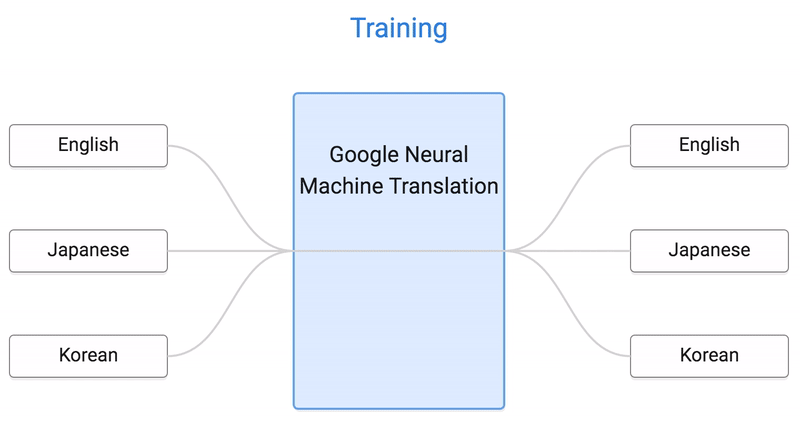
Looks like "Strong AI" is winning!


We are in a simulation!
Are we....
Brains In a Vat?- In our *own* simulation?
- In a shared simulation?
We are in a simulation!
The Philosophical Argument:
We have already created simulations in which the characters create simulations, and so, infinite simulations exist.
Therefore, why should we assume we are the lucky ones living in the one true reality? Statistically, it's as impossible as earth being the center of the universe.

We are in a simulation!
The Philosophical Argument:
Q: But if we're in a simulation, why? What's our purpose? What is the purpose of the simulation?
A: Purpose is a meaningless concept when applied objectively. Purpose is self derived whether we are in simulation or not. You simulate shit all the time for no reason. You're a Sim.
We are in a simulation!
The Philosophical Argument:
Q: But the universe just seems so real. We really can't be in a simulation can we?
A: I know, but what does that mean? How do we know that the "real" world isn't even more high fidelity?
We are in a simulation!
The Philosophical Argument:
Q: But I think stuff. I have thoughts and emotions. Sims don't have those?
A: Oh, they don't? How do they decide when to go to work? Our brains are just a program like everything else. Sims are as equally unaware they are sims as we are.
We are in a simulation!
The Physical Argument:
If you examine the universe deeply enough, it behaves exactly like a resource constrained computer! These behaviors / bugs / limitations are hidden deep within the simulation, exactly where a good programmer would hide the seams.
We are in a simulation!
The Physical Argument:
Two large classes of behaviors:
- special relativity
- quantum mechanics
We are in a simulation!
Relativity Glossary:
- Acceleration: Change in velocity
- Inertial Reference Frame: a frame of reference with net zero forces. An object not undergoing acceleration.
- Relative Motion: Velocity of an object in another object's IRF.
e.g. In a FPS video game, it is always the world that is in relative motion, because the camera and player share an IRF.
e.g. On a train, it is the world that is moving relative to the rider and the train, which are stationary relative to each other.
We are in a simulation!
Relativity: Time Dilation
Time Dilation says that objects in relative motion experience less time than those who are stationary.
In video games, actors moving in space (such that the camera has to redraw the game world) often render less frames.
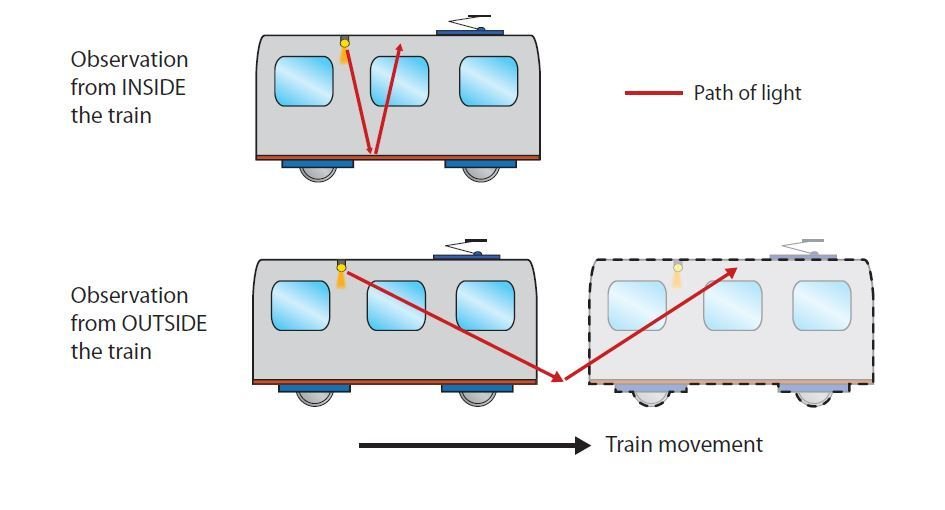
We are in a simulation!
Relativity: Length Contraction
Length Contraction says that traveling objects are shorter from the POV of an at-rest observer.
In video games, to overcome frame rate drop, you'd shrink the universe in the direction of travel to make travel time shorter.
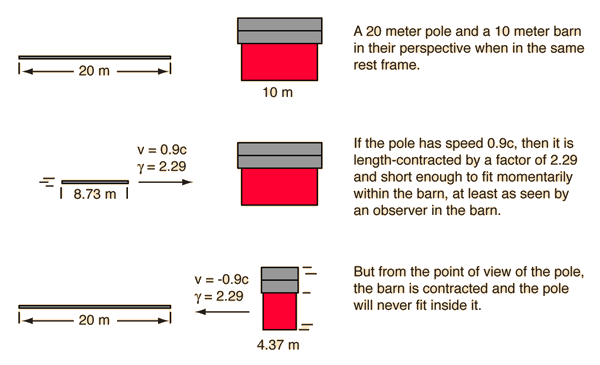
We are in a simulation!
Relativity: non-simultaneity
Observers in relative motion can not agree on when "simultaneous" events occurred.
In video games, to overcome frame rate drop, you'd render same events at different times depending on the gamer, typically the stuff in front before the stuff behind.

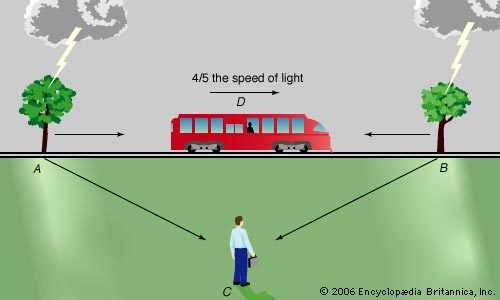
We are in a simulation!
Quantum Mechanics Glossary:
- Observer: Nobody really knows. Observer is a special person (or a system that contains such person) which does not obey the usual laws of quantum mechanics.
- Wave-Particle Duality: all elementary particles exhibit behaviors of both waves and particles.
- De Broglie wavelength: how much does a particle act wavelike?
- Heisenberg uncertainty principle: there is a limit to the precision with which complementary variables, like momentum and position, can be known.
We are in a simulation!
Quantum Mechanics: Double Slit Experiment
Electrons change their behavior depending on whether an observer observes the behavior or not!
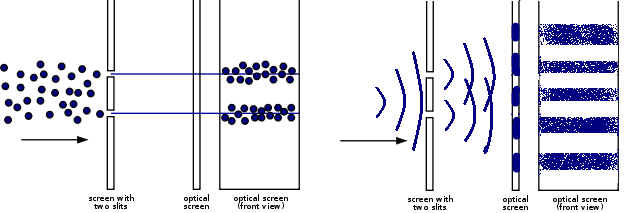
In a video game, it would be expensive to model each electron. You'd probably simulate the net effect unless the gamer looked at an individual electron.
We are in a simulation!
Quantum Mechanics: Quantum Tunneling
A particle tunnels through a barrier that it classically should not be able to surmount.
In a video game, collision detection of fast moving objects over short distances is computationally expensive. Using probably to simulate collision is occasionally buggy, but no one is typically looking that closely!
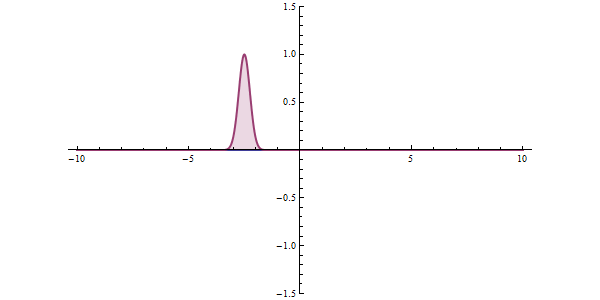
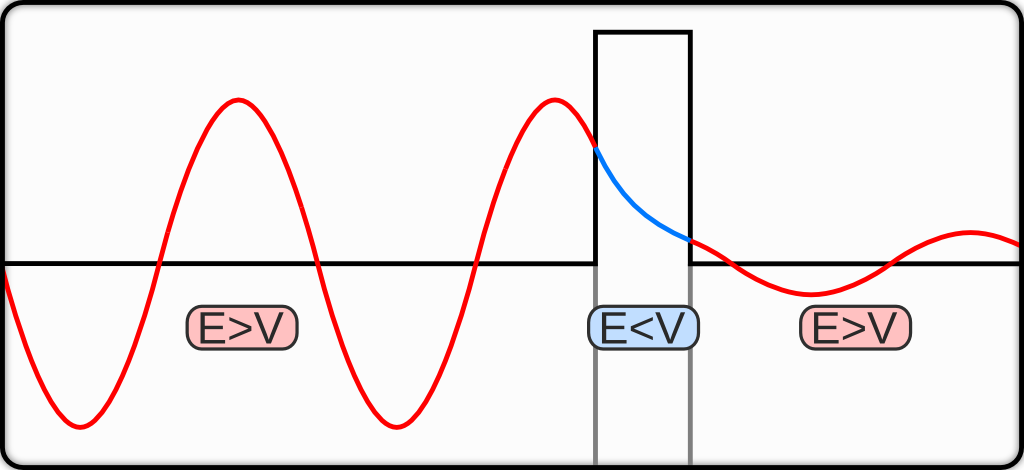
We will be in a simulation!
How: Consciousness Transfer
We must escape our leaky bags of meat.
This is the only way.
Terraforming Mars is Dumb.
Sending our consciousness in robots instead!
We will be in a simulation!
How: Consciousness Transfer
Consider:
- We are already modeling neurons!
- We are already reading and grouping minds!
- When are you no longer conscious if you replace individual neurons with software equivalents?
- Once your consciousness is simulated, you can enter a simulation of your own design!
We will be in a simulation!
How: Escaping Body Death
Consider:
- You are alive at a time when medical advances may make death curable before you die.
- Eat right. Don't smoke.
- Get a head transplant (ok, it's really a body transplant)
We will be in a simulation!
How: Escaping Earth Death
Consider:
- You must escape the planet.
- You must escape the solar system.
- You must be able to avoid orbiting another celestial body.
- Your simulation must be solar powered, and solar sail controlled.
We will be in a simulation!
How: Escaping Heat Death
Consider:
- One day our universe might die a heat death... thermodynamic equilibrium. Don't worry, it's 10 ^ 1000 years away, and that's only if protons actually decay!
- However, some scientists believe we're just inside a black hole, so there's more universe out there for us to maybe escape into?
- Other scientists think black holes are portals to other universes!